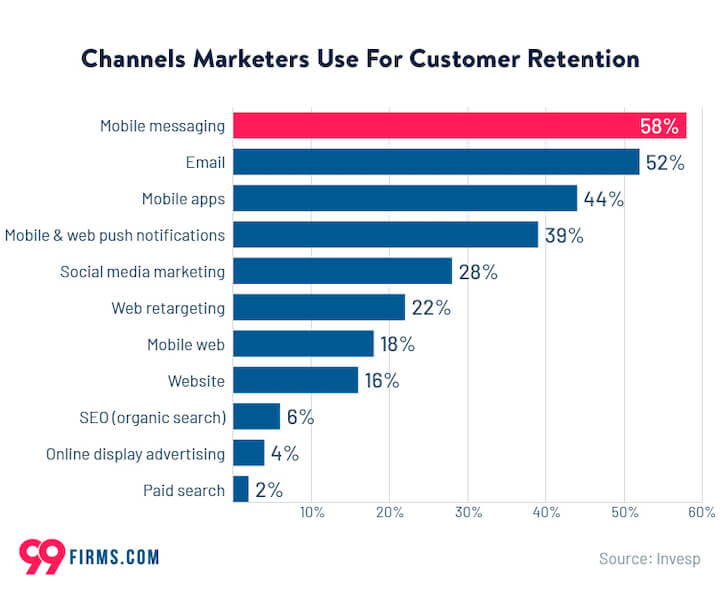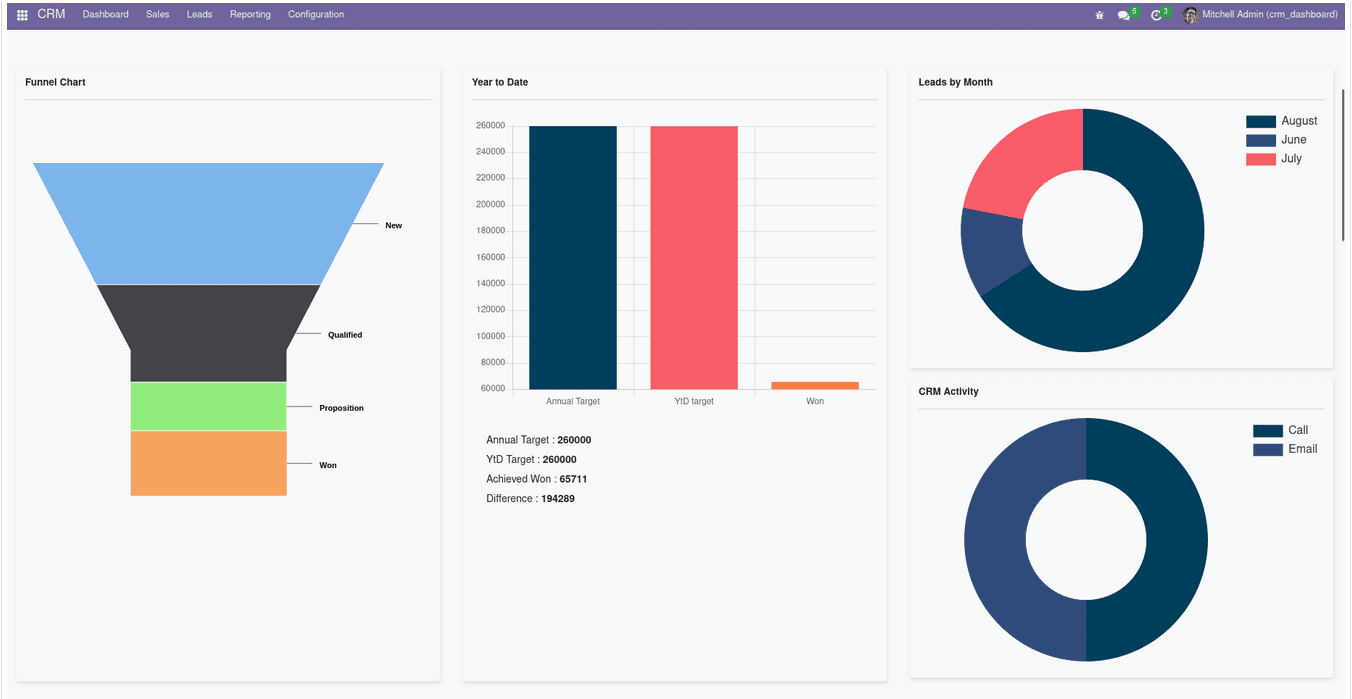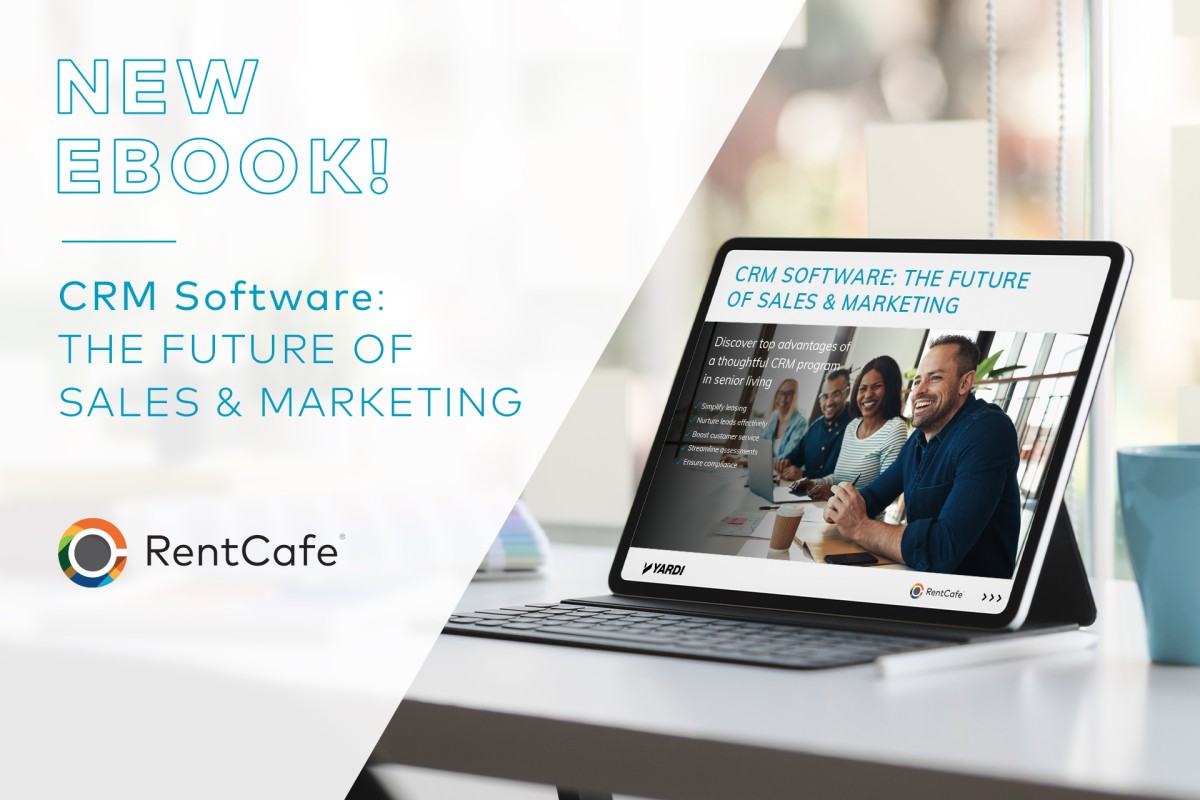Mastering CRM Marketing: Strategies for Customer Retention and Business Growth

The Power of CRM Marketing: Why Customer Retention Matters More Than Ever
In today’s hyper-competitive business landscape, acquiring new customers is only half the battle. The true measure of success lies in your ability to retain the customers you already have. This is where Customer Relationship Management (CRM) marketing comes into play. CRM marketing isn’t just about managing customer data; it’s a strategic approach that leverages technology and data to build lasting relationships, foster loyalty, and drive sustainable business growth. It’s about understanding your customers, anticipating their needs, and providing them with exceptional experiences at every touchpoint.
Customer retention is significantly more cost-effective than customer acquisition. Studies show that acquiring a new customer can cost five to twenty-five times more than retaining an existing one. Furthermore, loyal customers tend to spend more, make more frequent purchases, and are more likely to refer your business to others. This makes CRM marketing a crucial investment for businesses of all sizes.
Understanding the Fundamentals of CRM Marketing
At its core, CRM marketing revolves around the following key principles:
- Customer-centricity: Placing the customer at the heart of all your marketing efforts.
- Data-driven decision-making: Utilizing customer data to inform strategies and personalize experiences.
- Relationship building: Fostering strong connections with customers through consistent communication and engagement.
- Personalization: Tailoring messages and offers to individual customer preferences and behaviors.
- Automation: Streamlining marketing processes to improve efficiency and deliver timely communications.
A well-implemented CRM system provides a centralized repository of customer information, including contact details, purchase history, communication logs, and preferences. This data is invaluable for understanding customer behavior, identifying trends, and segmenting your audience for targeted marketing campaigns. The ability to analyze this data is what allows you to create marketing strategies that are effective and personalized.
Key Strategies for Effective CRM Marketing and Customer Retention
Implementing a successful CRM marketing strategy requires a multifaceted approach. Here are some of the most effective strategies for boosting customer retention:
1. Segmenting Your Customer Base
Not all customers are created equal. Segmenting your customer base allows you to tailor your marketing efforts to specific groups, increasing relevance and engagement. Consider segmenting based on:
- Demographics: Age, gender, location, income, etc.
- Purchase history: Products purchased, frequency of purchases, average order value.
- Behavior: Website activity, email engagement, social media interactions.
- Customer lifecycle stage: New customers, loyal customers, at-risk customers.
By segmenting your audience, you can create highly targeted campaigns that resonate with each group’s specific needs and interests. This level of personalization significantly increases the likelihood of customer engagement and retention.
2. Personalizing the Customer Experience
Personalization is no longer a luxury; it’s an expectation. Customers want to feel valued and understood. Use your CRM data to personalize every interaction, including:
- Email marketing: Sending targeted email campaigns based on customer behavior and preferences.
- Website content: Displaying personalized product recommendations and offers.
- Customer service: Providing tailored support and addressing individual concerns.
- Product recommendations: Suggesting products that align with a customer’s past purchases and browsing history.
Personalization can take many forms, from simply addressing a customer by name in an email to offering exclusive discounts based on their purchase history. The more personalized the experience, the stronger the customer relationship will be.
3. Implementing Loyalty Programs
Loyalty programs are a proven method for rewarding and retaining customers. They incentivize repeat purchases and create a sense of exclusivity. Consider these options:
- Points-based programs: Customers earn points for every purchase, which they can redeem for rewards.
- Tiered programs: Customers progress through different tiers based on their spending, unlocking increasingly valuable benefits.
- Exclusive offers: Providing members with access to special discounts, promotions, and early access to new products.
A well-designed loyalty program not only rewards your best customers but also provides valuable data about their preferences and behaviors, which can be used to further personalize your marketing efforts.
4. Proactive Customer Communication
Don’t wait for customers to reach out to you. Proactively communicate with them to keep them engaged and informed. This includes:
- Welcome emails: Introduce new customers to your brand and offer a special welcome gift.
- Product updates: Inform customers about new product releases, features, and improvements.
- Promotional offers: Send exclusive discounts and promotions to encourage repeat purchases.
- Birthday greetings: Show your appreciation by sending personalized birthday messages and offers.
- Surveys and feedback requests: Ask for customer feedback to identify areas for improvement and show that you value their opinions.
Regular communication helps you stay top-of-mind and reinforces the value of your brand.
5. Providing Exceptional Customer Service
Exceptional customer service is paramount to customer retention. It’s the key to turning satisfied customers into loyal advocates. Ensure your customer service team is:
- Responsive: Respond to customer inquiries and issues promptly.
- Helpful: Provide accurate and helpful information.
- Empathetic: Understand and address customer concerns with empathy.
- Proactive: Anticipate customer needs and offer solutions before they ask.
Consider implementing a multi-channel customer service strategy, including phone, email, live chat, and social media, to provide customers with convenient and accessible support. A positive customer service experience can often turn a negative situation into a positive one, strengthening customer loyalty.
6. Analyzing and Optimizing Your CRM Marketing Efforts
CRM marketing is an ongoing process. Regularly analyze your results to identify what’s working and what’s not. Key metrics to track include:
- Customer retention rate: The percentage of customers who remain customers over a specific period.
- Customer lifetime value (CLTV): The predicted revenue a customer will generate over their lifetime.
- Customer acquisition cost (CAC): The cost of acquiring a new customer.
- Conversion rates: The percentage of customers who complete a desired action, such as making a purchase or signing up for a newsletter.
- Email open and click-through rates: Measure the engagement with your email marketing campaigns.
Use this data to refine your strategies and optimize your campaigns for maximum effectiveness. A/B testing different email subject lines, offers, and website content can help you identify what resonates most with your audience. This iterative process of analysis and optimization is essential for long-term success.
7. Integrating CRM with Other Marketing Tools
To maximize the effectiveness of your CRM marketing efforts, integrate your CRM system with other marketing tools, such as:
- Email marketing platforms: Automatically sync customer data and trigger targeted email campaigns.
- Social media management tools: Track social media interactions and identify customer sentiment.
- Marketing automation platforms: Automate repetitive marketing tasks and personalize customer journeys.
- E-commerce platforms: Integrate customer data and track purchase history.
Integration streamlines your marketing processes, provides a holistic view of your customer, and enables you to deliver a more seamless and personalized experience.
8. Utilizing Marketing Automation
Marketing automation allows you to streamline and personalize your customer interactions. This can include:
- Automated email sequences: Set up triggered email campaigns based on customer behavior.
- Lead nurturing: Guide potential customers through the sales funnel with targeted content and offers.
- Behavioral triggers: Send automated messages based on website activity, purchase history, or other customer actions.
Automation frees up your marketing team to focus on more strategic initiatives while ensuring that customers receive timely and relevant communications.
9. Building a Customer-Centric Culture
CRM marketing is not just about technology; it’s about fostering a customer-centric culture within your organization. This means:
- Empowering employees: Train your employees to prioritize customer satisfaction and empower them to make decisions that benefit customers.
- Collecting and sharing customer feedback: Regularly collect customer feedback and share it with all departments to improve products, services, and processes.
- Prioritizing customer needs: Make customer needs the driving force behind all business decisions.
When every employee is focused on the customer, the customer experience improves, leading to greater loyalty and retention.
10. Data Privacy and Security
In the age of data breaches and privacy concerns, it’s crucial to prioritize data privacy and security. Ensure your CRM system complies with all relevant regulations, such as GDPR and CCPA. Implement robust security measures to protect customer data from unauthorized access and use. Be transparent with customers about how you collect, use, and protect their data. Building trust is essential for long-term customer relationships.
Choosing the Right CRM System
The right CRM system is crucial for the success of your CRM marketing efforts. Consider these factors when choosing a CRM:
- Features: Does the CRM offer the features you need, such as contact management, email marketing, sales automation, and reporting?
- Scalability: Can the CRM system grow with your business?
- Ease of use: Is the CRM system user-friendly and easy to navigate?
- Integration: Does the CRM integrate with your existing marketing tools?
- Pricing: Is the pricing affordable and aligned with your budget?
Some popular CRM systems include Salesforce, HubSpot, Zoho CRM, and Microsoft Dynamics 365. Research different options and choose the one that best fits your business needs and budget. Don’t be afraid to try free trials before committing to a paid plan.
Measuring the Success of Your CRM Marketing Efforts
Measuring the success of your CRM marketing efforts is crucial for understanding what’s working and what’s not. Key metrics to track include:
- Customer retention rate: The percentage of customers who remain customers over a specific period. A higher retention rate indicates success in building customer loyalty.
- Customer lifetime value (CLTV): The predicted revenue a customer will generate over their lifetime. Increasing CLTV demonstrates the long-term value of your customer relationships.
- Customer satisfaction (CSAT) scores: Measure customer satisfaction through surveys and feedback forms. High CSAT scores indicate that customers are happy with your products or services.
- Net Promoter Score (NPS): Measure customer loyalty and willingness to recommend your business. A high NPS suggests strong customer advocacy.
- Conversion rates: Track the percentage of customers who complete a desired action, such as making a purchase or signing up for a newsletter. Higher conversion rates indicate effective marketing campaigns.
- Website traffic and engagement: Monitor website traffic, bounce rates, and time on site to understand how customers are interacting with your online presence.
By regularly tracking these metrics, you can gain valuable insights into the performance of your CRM marketing strategies and make data-driven decisions to improve your results.
The Future of CRM Marketing
CRM marketing is constantly evolving. Emerging trends to watch out for include:
- Artificial intelligence (AI): AI-powered CRM systems can automate tasks, personalize experiences, and provide valuable insights into customer behavior.
- Personalization at scale: Leveraging data to deliver highly personalized experiences to each customer, regardless of the size of your customer base.
- Omnichannel marketing: Providing a seamless and consistent customer experience across all channels, including email, social media, and in-person interactions.
- Focus on customer experience (CX): Prioritizing the overall customer experience to build stronger relationships and foster loyalty.
- Data privacy and security: With increasing awareness of data privacy, businesses will need to prioritize data security and transparency.
Staying ahead of these trends will be critical for businesses that want to thrive in the future of CRM marketing.
Conclusion: Building a Lasting Customer Relationship
CRM marketing is more than just a set of tools and strategies; it’s a philosophy. It’s about putting your customers first, understanding their needs, and building genuine relationships. By implementing the strategies outlined above, businesses can not only retain their existing customers but also cultivate a loyal base of advocates who will help drive long-term success. Customer retention is the cornerstone of sustainable growth, and a well-executed CRM marketing strategy is the key to unlocking its full potential. It’s a journey, not a destination, and requires continuous effort, adaptation, and a genuine commitment to providing exceptional customer experiences. Embrace the power of CRM marketing, and watch your business flourish.



